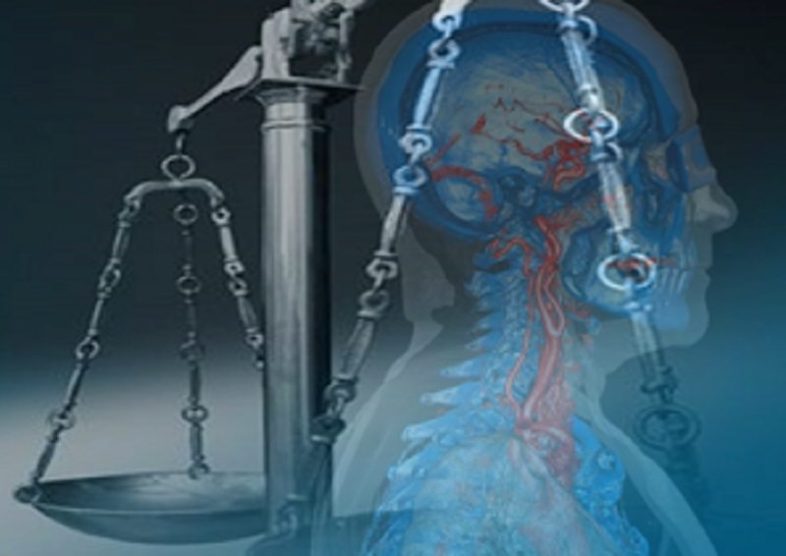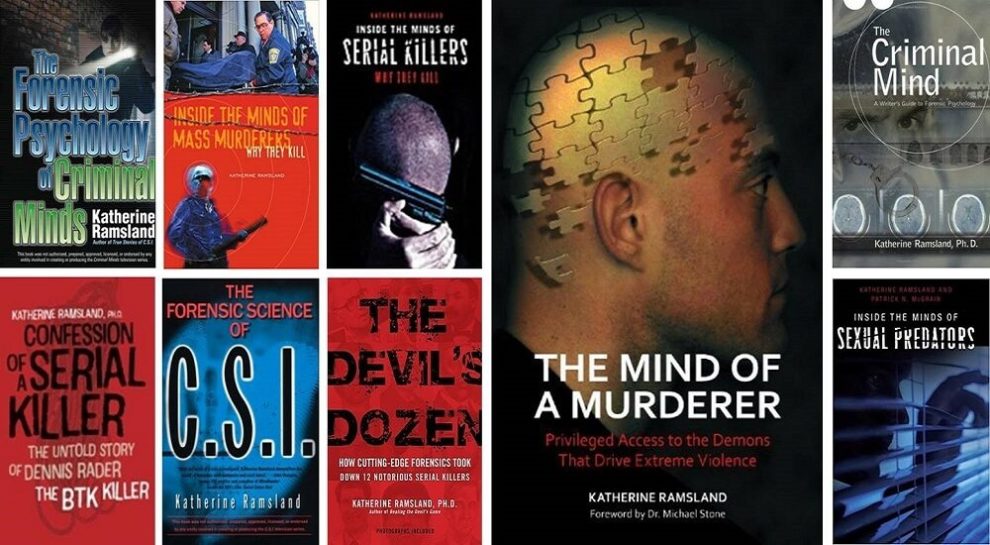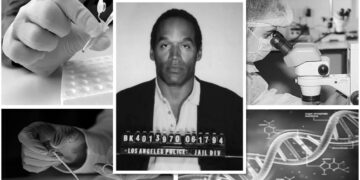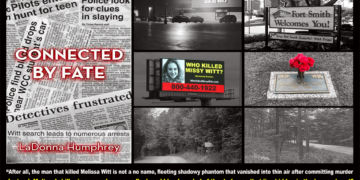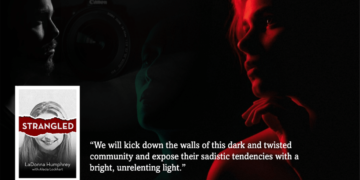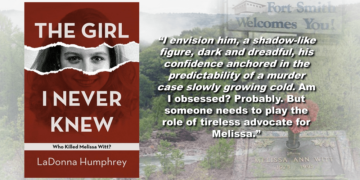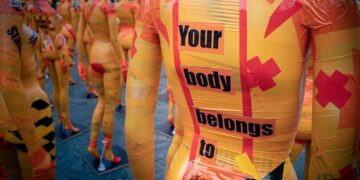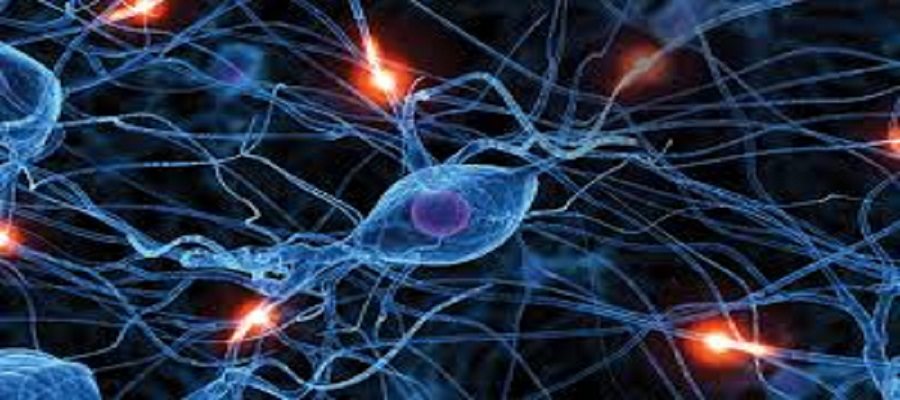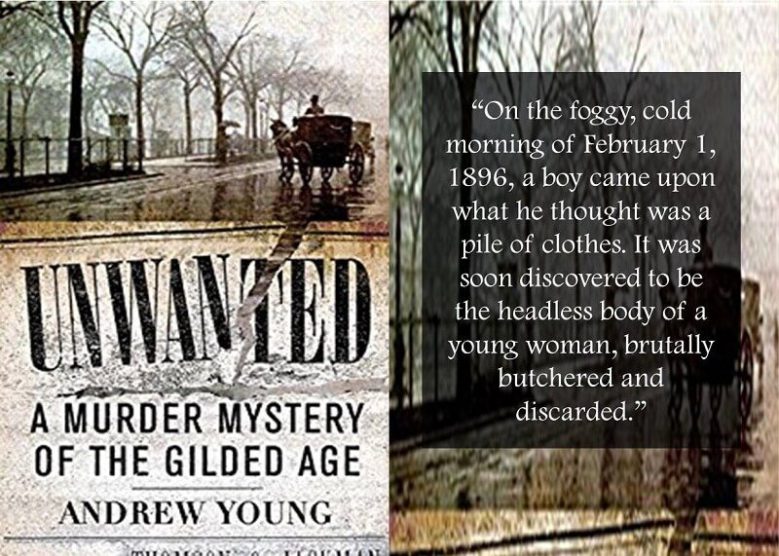The Conversation is a collaboration between editors and academics to provide informed news, research, analysis and commentary committed to knowledge-based, ethical and responsible journalism. An article by Allan McCay, University of Sydney and Jeanette Kennett
Australian law may be on the cusp of a brain-based revolution that will reshape the way we deal with criminals. Some researchers, such as neuroscientist David Eagleman, have argued that neuroscience should radically change our practices of punishment. According to Eagleman, the courts should give up on the notion of punishment altogether and instead focus on managing criminals and containing their behaviour in order to keep the rest of us safe. Is this a good idea? And is this how Australian judges are responding to our increasing knowledge of the neurobiological bases of behaviour?
Two approaches
There are two broad approaches to justifying punishing someone who commits a crime. The first is in terms of “moral culpability” or “just deserts”. Crudely, if someone has caused harm, they deserve to have harm inflicted on them in return.
This is known as the “retributive” view; retributivists aim to mete out just deserts, or “just punishment”. The second approach is to think in terms of the consequences of punishment. If punishment might deter or rehabilitate the offender, or prevent them from committing another crime by incapacitating them, or if it could serve as a deterrent to others, then and only then, is punishment justified.
If the punishment will only harm the individual who committed the crime, but it won’t prevent further crime or benefit others then, on pure consequentialist grounds, it is not justified.
In Australia, judges usually take both retributive and consequentialist considerations into account when determining punishment. A clear illustration of retributivism is in the sentencing of the serial killer, Ivan Milat where the judge said:
“These truly horrible crimes demand sentences which operate by way of retribution […] or by the taking of vengeance for the injury […] the community must be satisfied the criminal is given his just deserts.”
Currently, Australian offenders are also given the opportunity to make a plea in mitigation after their conviction for a crime. The aim of such a plea is to reduce the severity of punishment.
In some cases, the defence may engage a psychologist or psychiatrist to provide expert evidence about mental or neurological impairment to suggest that an offender is less morally culpable for the crime, and therefore deserving of less retribution.
Neuroscientific Tilt
But some academics, such as American psychologists Joshua Greene and Jonathan Cohen, have argued that consequentialist considerations will be all that is left after neuroscience revolutionises criminal law. Punishment as retribution will be consigned to history.
According to Greene and Cohen, retributivism relies on the notion that people have free will. They say the advance of neuroscience will cure us of that notion by opening the black box of the mind and revealing the mechanistic processes that cause all human behaviour. Once these causes are revealed, we will give up the idea that people are responsible for their bad actions.
We will start to think that a criminal’s frontal lobe impairment caused him to lash out, for instance, and focus on how we can prevent this happening again, rather than thinking they chose to punch their victim and thus they deserve punishment.
According to Greene and Cohen, this will make crime reduction the only goal. If they are right, punishment practices will move in the direction advocated by Eagleman.
Related: The Warrior Gene: Genetics and Criminology
Case By Case
Greene and Cohen made their argument about the demise of retributivism ten years ago. In light of their predictive claims, it is interesting to examine how the legal system is actually responding to the increasing use of neuroscientific evidence.
We can get an idea of what is happening in Australia from cases in the Australian Neurolaw Database, which was launched in December 2015. The database is a joint project between Macquarie University and the University of Sydney, and includes both Australian civil and criminal cases that employed evidence derived from neuroscience.
Interestingly, the sentencing cases in the database do not suggest retributive justice is being abandoned when the court is confronted with evidence of impairment to an offender’s brain.
Where used in sentencing, neuroscience evidence is often put forward in relation to assessment of the moral culpability of the offender. It is thus used to help determine how much punishment an offender deserves.
This is very different to suggesting moral culpability ceases to be a relevant consideration in the determination of punishment, or that courts should pay no regard to questions of desert. It presupposes that questions about appropriate punishment are important ones to answer correctly.
One example of the way Australian courts regard evidence derived from neuroscience is in the sentencing of Jordan Furlan in 2014. In sentencing 49-year-old Furlan for a violent incident involving a 76-year-old victim, Justice Croucher considered the impact of evidence of a brain injury some years prior to the offence, on Furlan’s moral culpability.
Justifying a sentence of three years and six months, the judge said the offender’s “moral culpability was reduced, but only to a moderate degree because his judgment was impaired as a result of his acquired brain injury”.
The judge went on to say that just punishment was an important factor (among others) in crafting the sentence.
A more striking case relates to the sentencing of former Tasmanian legislative council member Terry Martin for child sex offences. Expert evidence indicated he had developed a compulsive form of sexuality as a result of the effects of medication for Parkinson’s disease on the dopamine system of his brain.
The judge imposed a much more lenient sentence than would have otherwise been the case because of the clear link between the medication and the offending. This link was said to reduce Martin’s moral culpability.
Slow Revolution
We cannot be sure how neuroscience will affect the law in future. Indeed, there may even be a backlash against this form of evidence.
What can be said is that Furlan, Martin and other cases show Australian judges still consider moral culpability, even in the face of neuroscientific evidence of impaired mechanisms. They do not move to purely consequentialist considerations.
This means retributivism is still alive and well, and just punishment still matters to Australian courts. So, at least for now, the impact of neuroscience is not revolutionary.
Allan McCay, Law Teacher, University of Sydney and Jeanette Kennett, Professor of Philosophy. This article was originally published on The Conversation. Read the original article.











